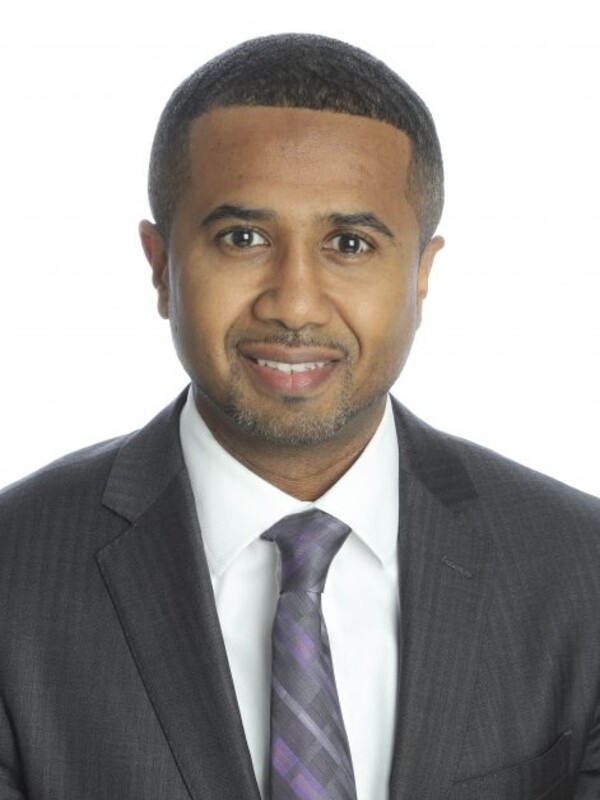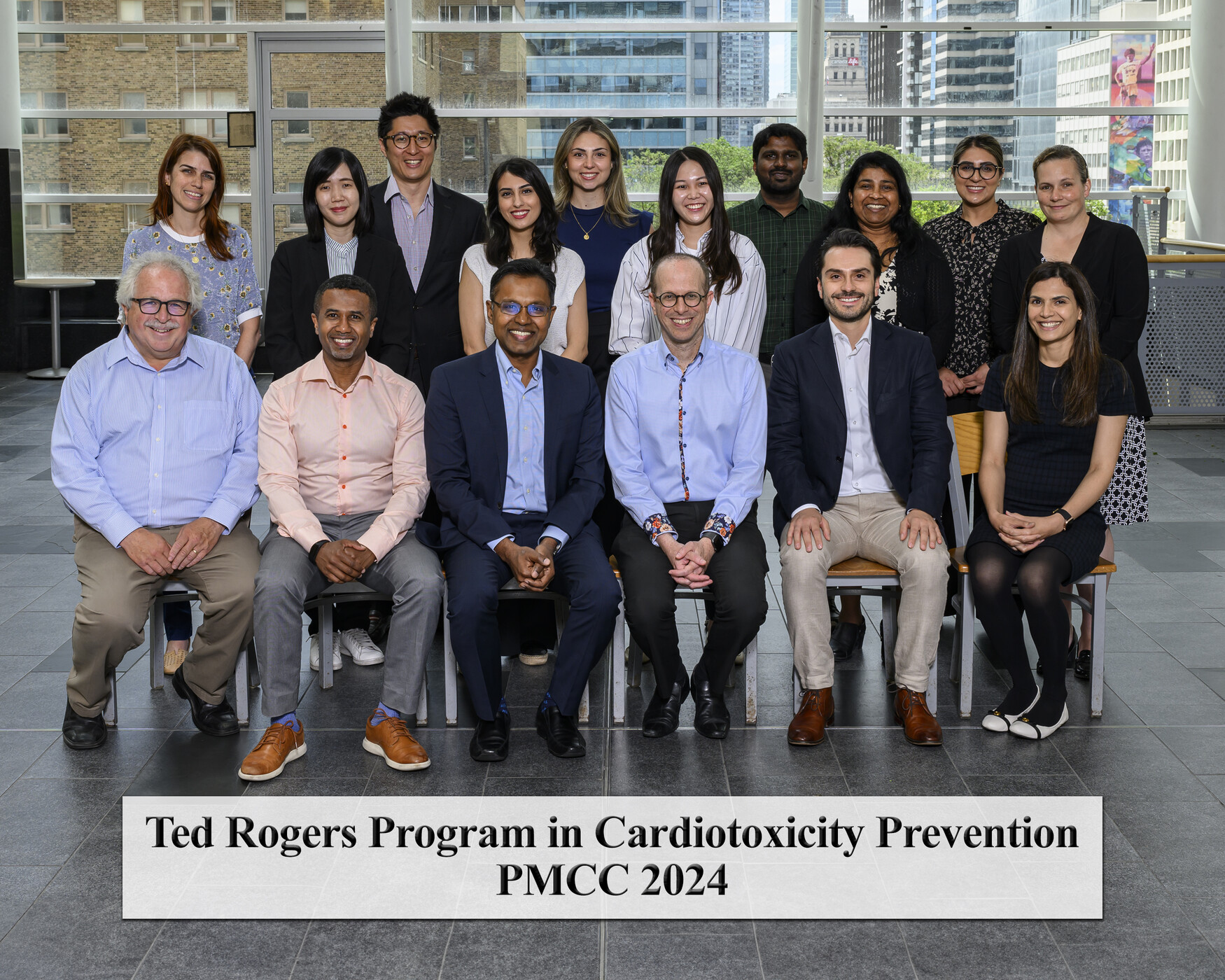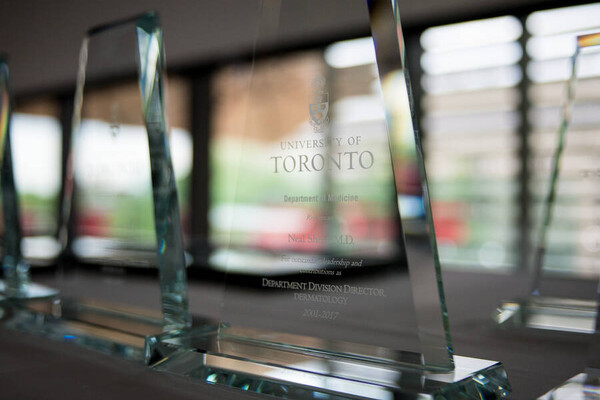Main Second Level Navigation
- Welcome
- Why Toronto?
- History of the Department
- Vision & Strategic Priorities
- Our Leadership
- Our Support Staff
- Location & Contact
- Departmental Committees
- Department of Medicine Prizes & Awards
- Department of Medicine Resident Awards
- Department of Medicine: Self-Study Report (2013 - 2018)
- Department of Medicine: Self-Study Report (2018 - 2023)
- Communication Resources
- News
- Events
Cardiologist using Early Career Professorship funding to examine heart health in cancer patients

Since 2019, the Hold’em for Life Charity Challenge has championed cancer research and education through its significant support for clinician-scientist fellowships at the University of Toronto’s Temerty Faculty of Medicine and its partner hospitals. Last year, a generous new donation established 12 new professorships for early-career (within the first five years of academic appointment) clinician-scientists working in a broad range of cancer-related fields at U of T-affiliated hospitals.
Several of these recipients are faculty in the Department of Medicine, including cardiologist and associate professor Dr. Husam Abdel-Qadir.
“As an internal medicine and cardiology trainee, I came to appreciate the disconnect between the evidence available from clinical trials and the needs of patients with multiple medical issues,” he says.
This observation fueled his desire to bridge the gap between clinical research and patient care, leading him to investigate cardiovascular processes and outcomes in patients with both heart disease and other health conditions. That initial interest ultimately narrowed to a specialized focus.
"My primary research focus today is the cardiovascular health of people with cancer, particularly those who are treated with or are candidates for cancer therapies with the potential for cardiotoxicity," Dr. Abdel-Qadir explains.

With the support of the $225,000 Hold’em for Life Professorship, distributed as $75,000 annually over three years, Dr. Abdel-Qadir aims to explore three key areas:
- Developing predictive tools to identify breast cancer patients at risk of treatment-induced heart problems.
- Optimizing cardiovascular surveillance for patients receiving HER-2 targeted cancer therapies, with the goal of minimizing unnecessary imaging for low-risk individuals.
- Determining the cardiovascular disease risk associated with cancer immunotherapy.
He is hopeful that this research program will enable the healthcare system to proactively manage heart disease in high-risk patients while reducing the treatment burden for those at lower risk of cardiotoxicity.
"I am very grateful for the generosity of the donors who are selflessly supporting cancer research at the University of Toronto," says Dr. Abdel-Qadir.

